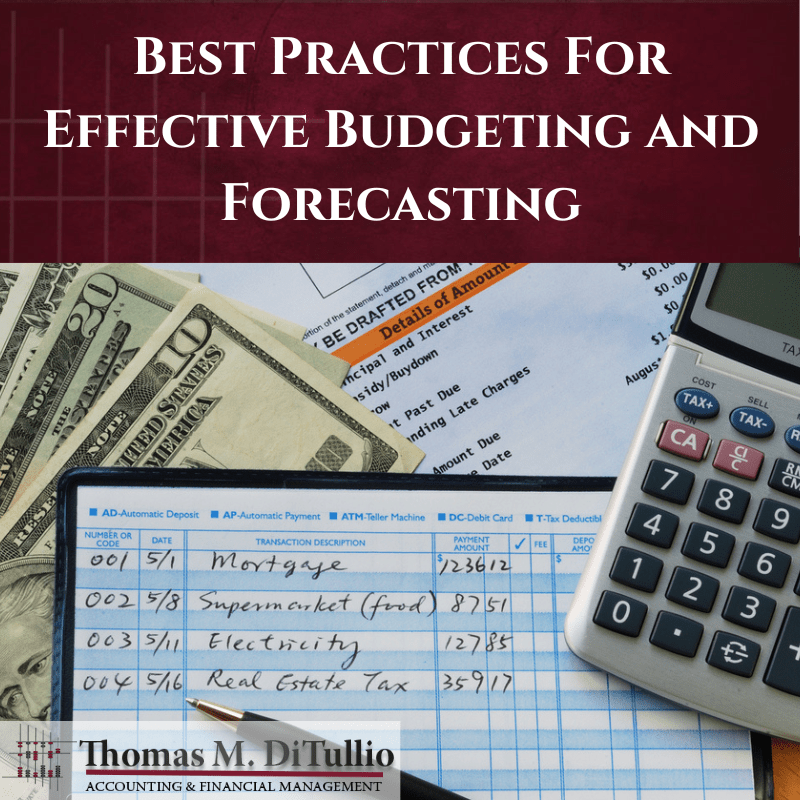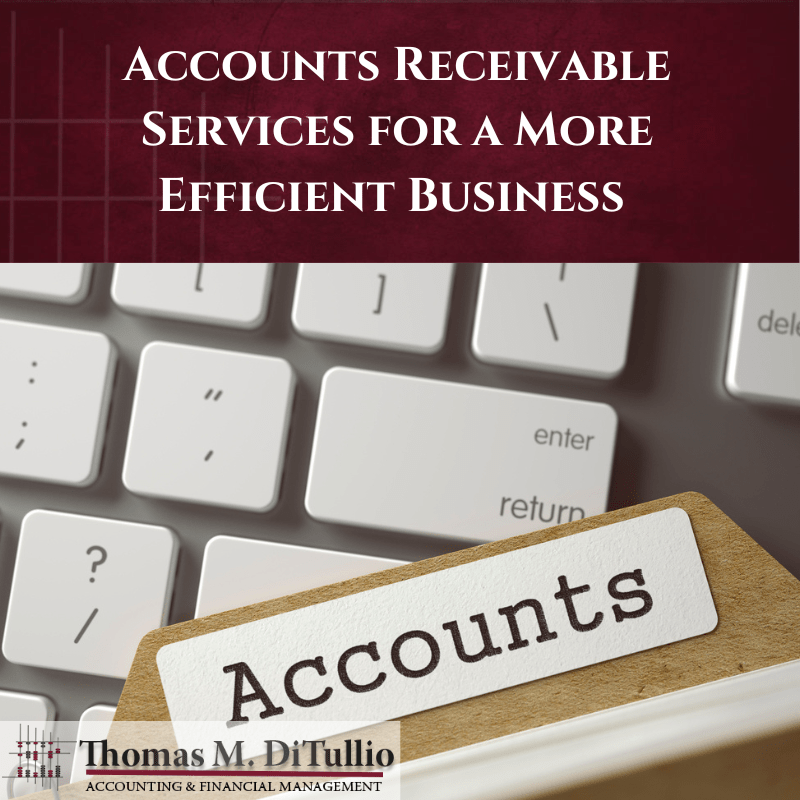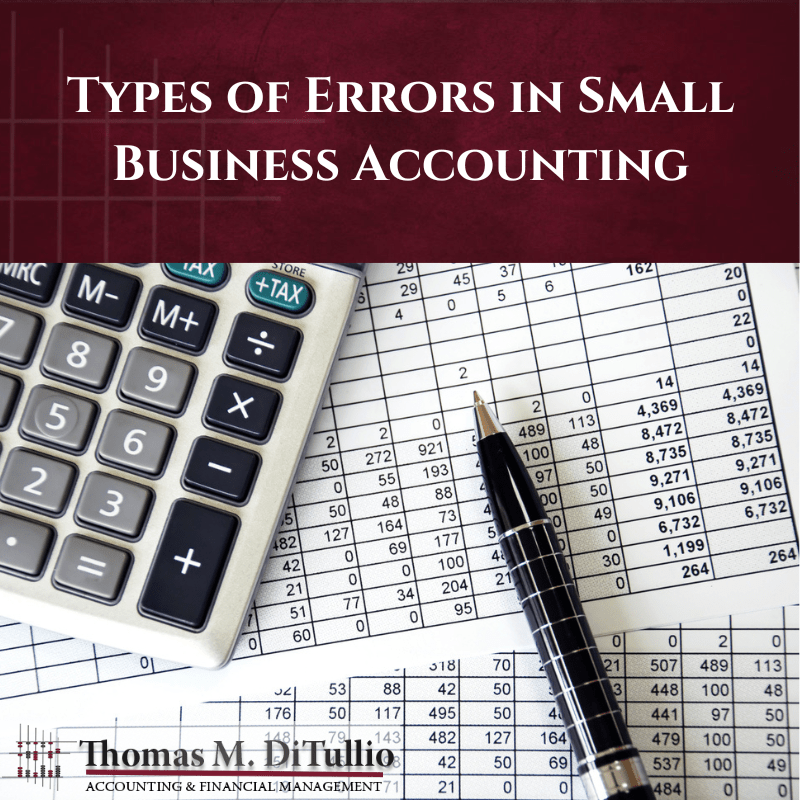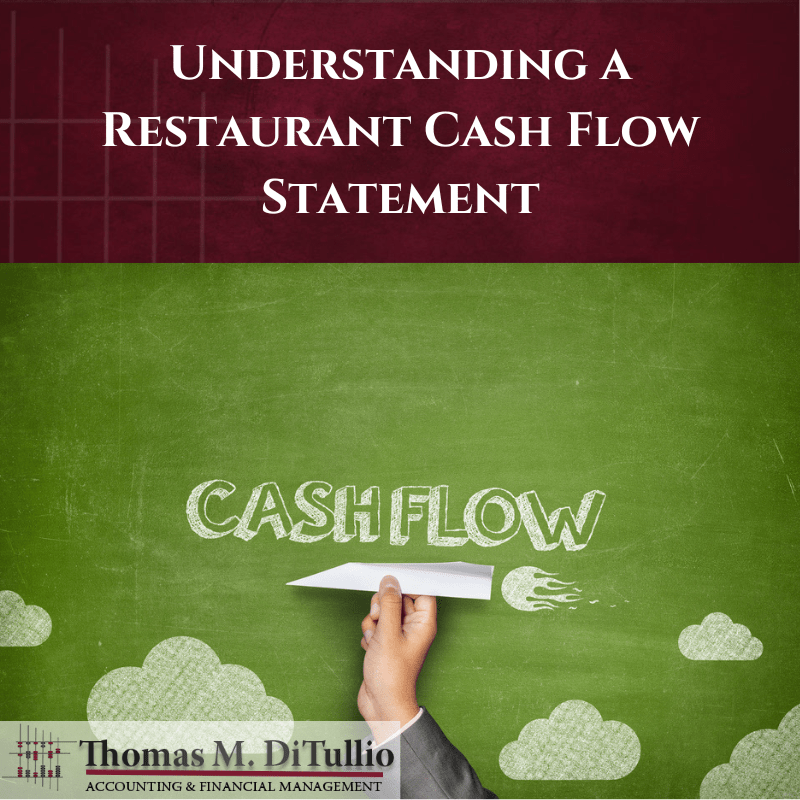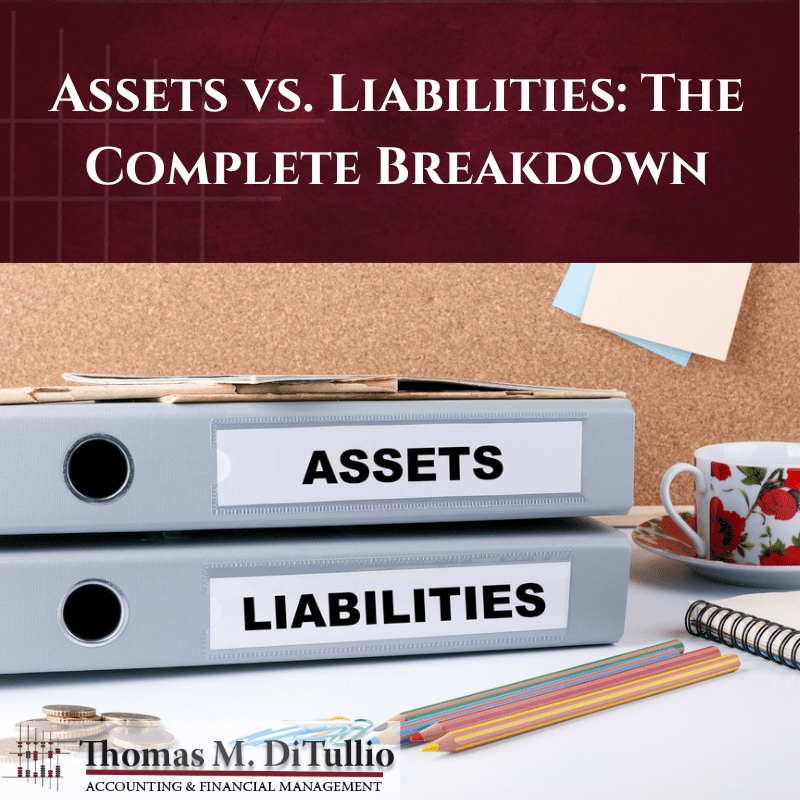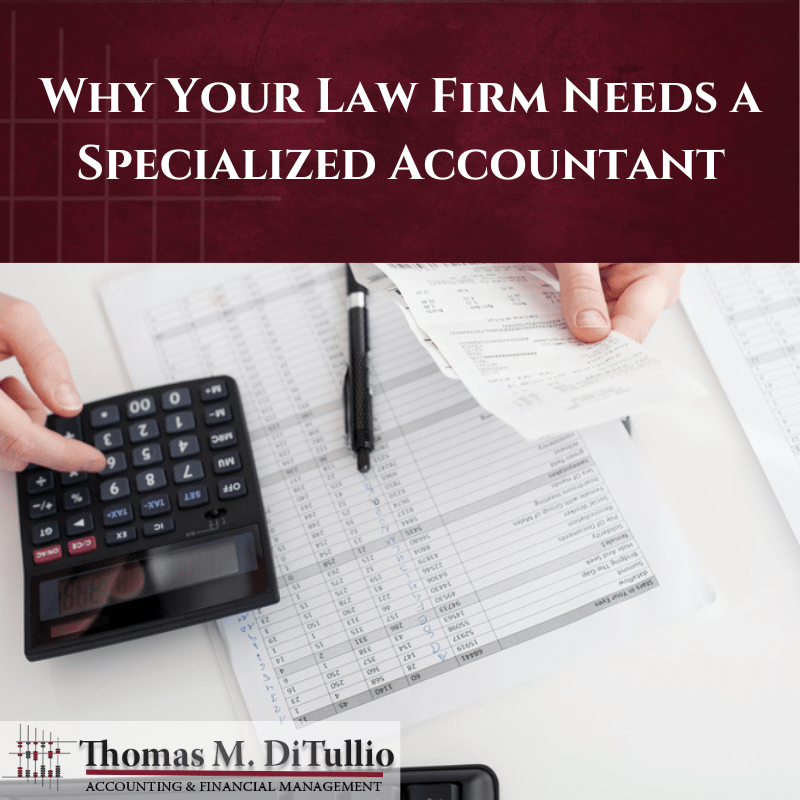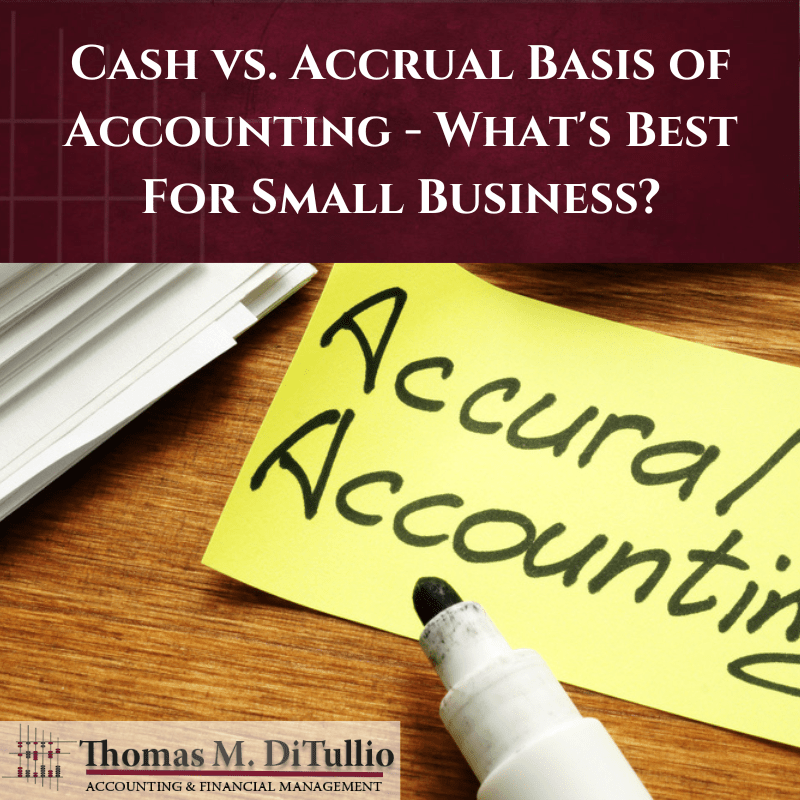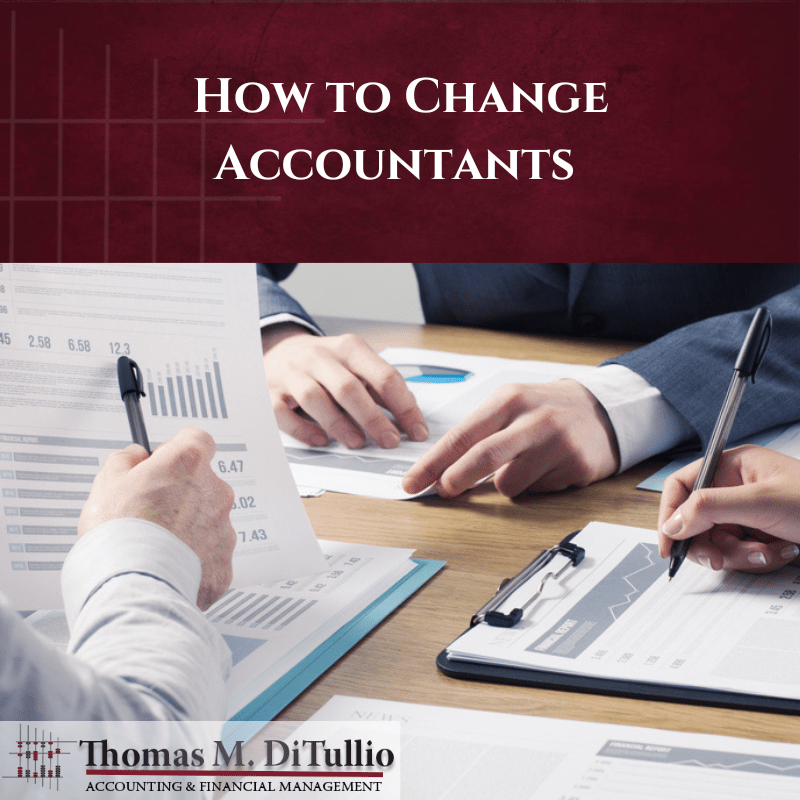Best Practices For Effective Budgeting and Forecasting
If you are a small business owner, you are always on a search to improve your bottom line. Forecasting and budgeting your expenses is one of the best ways to boost your revenue. With that, you can ensure your business is on track for both short- and long-term goals. Here are some of the best practices to incorporate into your business for effective budgeting and forecasting.
Create a Budget
Effective budgeting and forecasting need to start with a plan. You cannot make a solid business decision without a budget. Your business needs to create a budget and stick to it. This step can help your operations stay on track. With a budget, you have a road map to track the progress of the business. Once you have created a budget, please do not ignore it. A budget is there for a reason: to help manage your expenses and other costs.
Plan for Short- and Long-Term Business Expenses
If you want effective budgeting and bookkeeping, you must always plan for your business’s short- and long-term expenses. With this plan, you can ensure you have the necessary resources to meet your current and future financial needs. Take time to list all of your current expenses, including both variable and fixed ones. By doing that, you can see where the money is going for each month. After that, consider your long-term goals. Whether you have to make improvements or expand your business, you need to factor those long-term costs into your business plan.
Always Anticipate Changes
Unfortunately, income and expenses will not stay the same. If you want to ensure your finances stay on track, you always need to anticipate those changes. While it may seem like an impossible task, you will want to review your financial statements regularly with your accountant. With a quick meeting, you can see where all the money is heading and whether there are any potential problems on the horizon.
After that, you can always make adjustments to your budget. If you are spending more than expected, adjust the figures so that your budgeting remains accurate. Forecasting is not always exact, but you can use these best practices to prevent any problems that could harm the financial future of your business.
Forecast To Predict Trends
Forecasting can help with your financial planning and budgeting. Look at past trends and use them to predict future patterns. You can make more informed decisions about where to spend money. There are several ways to forecast your financial future. No matter the method you use, you need to collect accurate data. Also, it is crucial to revise and review your forecasts as new data becomes available. Forecasting can be an invaluable source to help you make better decisions for your business by continuously updating your budgeting and examining the current data.
Review Your Budget
As previously mentioned, your budget will change. You should not think of a budget as a stationary number. Schedule a time to review your budget with your bookkeeper or accountant. If you need to make adjustments to keep you on track, that does not mean there is a problem. All businesses review their budgets from time to time. Use your budget as a tool to track your income and expenses. You can make better decisions about allocating resources and managing your operations with a budget.
Seek Experienced Financial Help
Forecasting and budgeting are vital tools for both small and large businesses. When you have a clear picture of your finances, you will be able to make better decisions. However, many business owners do not know where to start and often struggle to manage their expenses.
In those cases, you may want to seek professional help for your bookkeeping and accounting duties. Many business owners struggle to keep up with books, budgets, and other financial responsibilities. While you may not want to spare the extra expense, think about these professional services as an investment in your business.
An experienced and qualified accountant can offer some guidance and expertise to help improve your bottom line. With their help, you can develop a budget that will work for your business needs, giving you more clarity to make significant financial decisions. You should never be afraid to ask for help, especially regarding your finances.
Effective Budgeting and Forecasting Benefits
An effective budget can help your business save money and keep track of any spending. Along with that, it can help forecast your future income and expenses, which might help if you need to tighten costs down the road.
Don’t forget about forecasting. This tool is vital for making informed decisions for expansions, investments, and other financial moves. When you have effective budgeting and forecasting, you can make the most of your existing resources and keep all those finances on track for your business.
Budgeting helps your business in the present, and forecasting is essential for those future plans. With these best practices, you can ensure that your data is accurate, helping to move the business in the right direction.
Reach Out To an Experienced Accounting Firm
At TMD Accounting, we have over 40 years of experience helping small and big businesses reach their financial goals in Gloucester County. We are here for your business if you need help with bookkeeping, taxes, payroll, or financial planning. We provide affordable, flexible, and reliable solutions for your accounting needs. Schedule a consultation by calling 856-228-2205.


